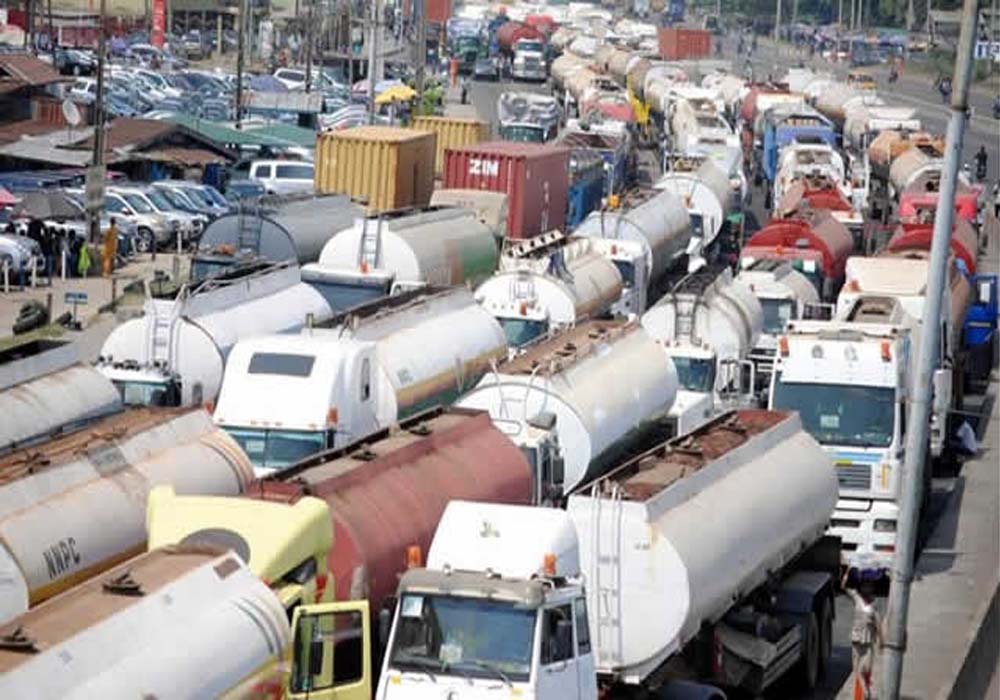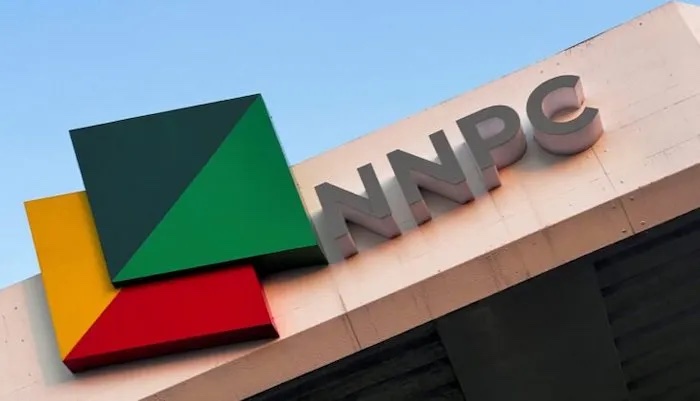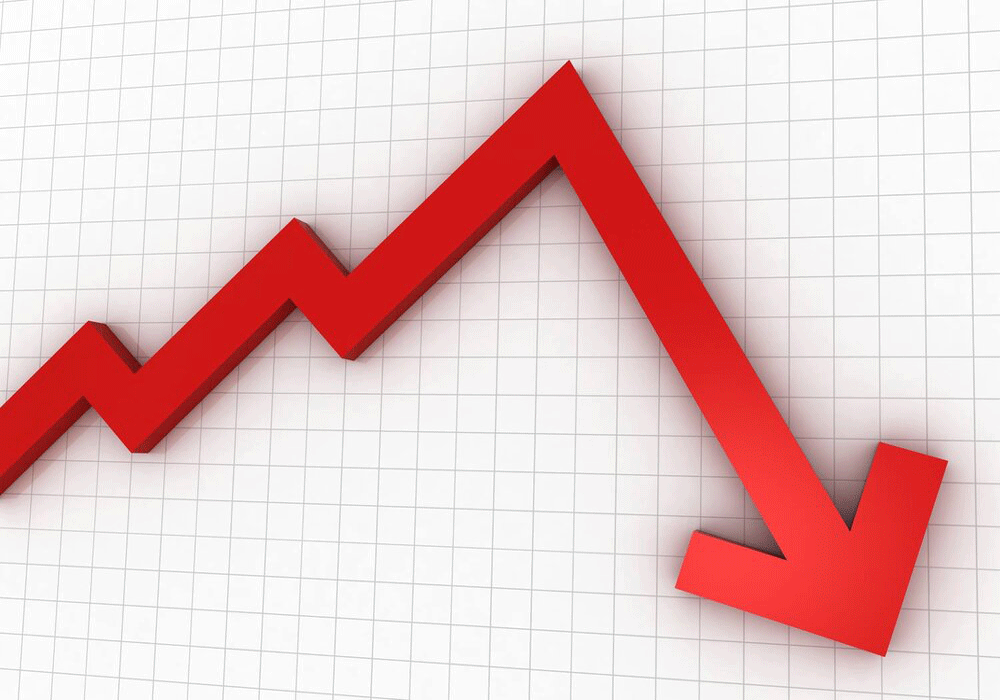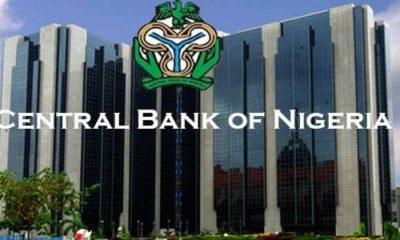Business
‘How Julius Berger is Fueling Hardship, Inflation’

By Edozie Obasi-Eze
Commuters and residents around the Ogun -Lagos State end of the Lagos-Ibadan expressway have decried the continuous occupation of the road by Julius Berger in the name of reconstructing it.
A good number of people who spoke to Biztellers lamented that a journey from Mowe-Ibafon-Magboro axis of Ogun State to Berger-Alausa axis of Lagos State that would ordinarily take about 10 to 15 minutes has been taking several hours, which has led to skyrocketing of transportation fares, fueling inflation in the process.
A banker, Buntu Odiga, expressed sadness that “this whole occupation of the road by Julius Berger is fueling inflation and hardship.”
According to him, the journey from “the area often referred to as new Lagos (Mowe-Ibafon-Magboro) used to take minutes before Julius Berger moved in. Since they effectively occupied the area, the journey now takes up to an average of four or five hours.”
Read also>>>Tragedy as man kills brother while testing bulletproof charm
In an attempt at counting the economic costs, Odiga said, “the cost would be difficult to compute. But what is clear to all is that people used to pay N200 for the journey from new Lagos to Berger-Alausa, but now they are paying as much as N500 for bus and upwards of N1,000 for motorbikes.
“You can figure out what impact this is having on the health and well-being of the people. And given that food items and other commodities for everyday living have to be transported at astronomical costs between these locations, the consumers must bear the brunt of these. That is why the cost of everything in this part of town has through the roof.”
He maintained that it was up to the Federal Government to use the relevant agencies to measure the rate of hardship and inflation being occasioned by the road rehabilitation to aid planning and execution of this and future projects.
“There must be a way to clearly measure the economic costs. And that rests with the government,” he added.
He revealed that his strategy of beating the traffic was leaving home at 2am to “crawl through to the office.”
According to him, government cannot feign ignorance that the people are passing through tough times while productivity is totally shattered.
Another resident, a teacher, Okoh Bamjoko, told Biztellers that at the moment, she could only afford to spend weekends at her home in Magboro.
“Since Julius Berger occupied the road,” she started, “the twin forces of heavy traffic and cost of commuting have combined to serve me a quit notice from the house I borrowed money to build.”
Her way of navigating through the nightmare has been to go to work every Monday and stay with her sister for the weekdays.
She has resorted to returning to her home only on Fridays to spend the weekend.
This is the lot of many commuters and residents in the area, most of whom decry being forced to literally live on the road, because commuting to and from work has been taking upwards of 10 hours daily, which wears and tears the body and the pocket.
With up to 10 hours of one’s day spent on the road, how many are left for productive activities and the necessary rest (sleep) to recover for the next day’s activities, they ask?
Business
Marketers In Anguish, As Dangote, NNPC Ltd War Drag Price To N880/litre

The pull of market forces which moved the hands of the Nigerian National Petroleum Company Limited (NNPC Ltd) to reduce the price of Premium Motor Spirit (petrol) to N880 per litre in Lagos and N935 in Abuja appears to be a source of torture to independent markets.
Biztellers reports that the latest price review on Easter Monday saw NNPC retail outlets in Lagos drop from N925 to N880, while those in Abuja adjusted from N950 to N935.
The NNPC Ltd’s price reduction came barely a week after the Dangote Refinery lowered its ex-depot price from N865 to N835 per litre.
ALSO READ: BREAKING: Again, Dangote Cuts Petrol Price To N835 per Litre
In addition, the $20bn refinery also directed its partners like MRS, Heyden, and Ardova to sell a litre of petrol at the rate of N890 instead of N920 in Lagos, N900 in the South West, N910 in the South-South, and N920 in the North East.
Consumers can smile because with the reaction, the NNPC Ltd’s new price in Lagos is N10 lower than what the Dangote Refinery is selling at, which might lead to another reaction, as the price war between the two companies.
Though some NNPC Ltd’s retail outlets were observed selling at the old rate in Lagos, it was gathered that they were given the liberty to exhaust old stock before adjusting to the new prices.
Market sources are of the view that the current price war was ignited by the Federal Government’s implementation of the Naira-for-crude policy.
Business
Gold Prices Hit Historic $3,500 Amid Trump Tariffs, Fed Tensions
Gold soared to a record high of $3,500 an ounce on Tuesday, as mounting fears over a potential U.S. recession and escalating tensions between President Donald Trump and the Federal Reserve drove investors toward the traditional safe-haven asset.
The precious metal briefly touched an all-time high of $3,500.10 an ounce before retreating slightly to trade at $3,467.87.
READ ALSO: JUST IN: Vatican Discloses Cause Of Pope Francis’ Death
The rally marks the latest in a string of record-breaking gains for gold, fueled by a weakening U.S. dollar, sharp declines across global stock markets, and growing concerns over the health of the world economy.
Market sentiment took another hit this week after President Trump ramped up his trade war with China, slapping fresh tariffs on the world’s second-largest economy and intensifying fears of prolonged economic disruption.
Gold has surged more than 30 percent since the start of the year as investors seek refuge from mounting market volatility.
“The rally reflects ongoing recession fears in the U.S. economy and heightened political tensions, especially as President Donald Trump continues to attack Federal Reserve Chair Jerome Powell,” said Rania Gule, senior market analyst at trading group XS.com.
Concerns about the Fed’s independence were further stoked Monday, when Trump publicly lashed out at Powell on social media, branding him a “major loser” for not cutting interest rates — a move the president has repeatedly demanded.
The sharp criticism follows Trump’s recent suggestion that he might attempt to remove Powell from his post.
Business
World Economic Forum Founder Klaus Schwab Steps Down From Board
Klaus Schwab, the founder of the World Economic Forum (WEF), announced his resignation from the board on Monday, marking a significant moment in the organization’s history.
Schwab, who has been at the helm of the WEF for over five decades, confirmed he was stepping down from his position as Chair and leaving the Board of Trustees with immediate effect.
“I have decided to step down from the position of Chair and as a member of the Board of Trustees, with immediate effect,” Schwab said, noting that the decision comes as he approaches his 88th year.
READ MORE: NNPC Ltd Opens Retail Outlet In Bauchi
His resignation follows his stepping down as executive chairman in 2024, when former Norwegian foreign minister Borge Brende took over the day-to-day operations.
In response, WEF appointed Vice Chairman Peter Brabeck-Letmathe as interim chairman while a search committee was formed to find a permanent successor.
The WEF board lauded Schwab’s immense contributions, acknowledging his “outstanding achievements” over his 55-year leadership tenure.
“At a time when the world is undergoing rapid transformation, the need for inclusive dialogue to navigate complexity and shape the future has never been more critical,” the WEF stated.
“Building on its trusted role, the Forum will continue to bring together leaders from all sectors and regions to exchange insights and foster collaboration.”
Schwab, originally from Ravensburg, Germany, founded the precursor to the WEF, the European Management Forum, in 1971.
The first meeting drew fewer than 500 participants, but over the years, Schwab expanded the gathering into a prestigious platform that now attracts thousands of influential figures.
The Davos summit has become synonymous with global power brokers, offering opportunities for high-level networking, discussion, and collaboration on issues affecting the world.
Under Schwab’s leadership, the WEF grew to include regional meetings and established centers dedicated to pressing global topics such as cybersecurity, climate change, and financial systems.
The organization continues to uphold its mission of “improving the state of the world” by fostering dialogue and cooperation.
However, the WEF and Schwab have not been without their critics. Many argue that the forum has become a venue for corporate elites to exert influence over governments, with the term “Davos Man” often used to describe the affluent attendees.
Schwab has also faced the ire of conspiracy theorists, particularly following his promotion of the “Great Reset” following the COVID-19 pandemic.
These theorists have spread misinformation, alleging that Schwab and the WEF are part of a global elite aiming to control the world, with even Elon Musk weighing in on social media, claiming Schwab “wants to be emperor of Earth.”



















